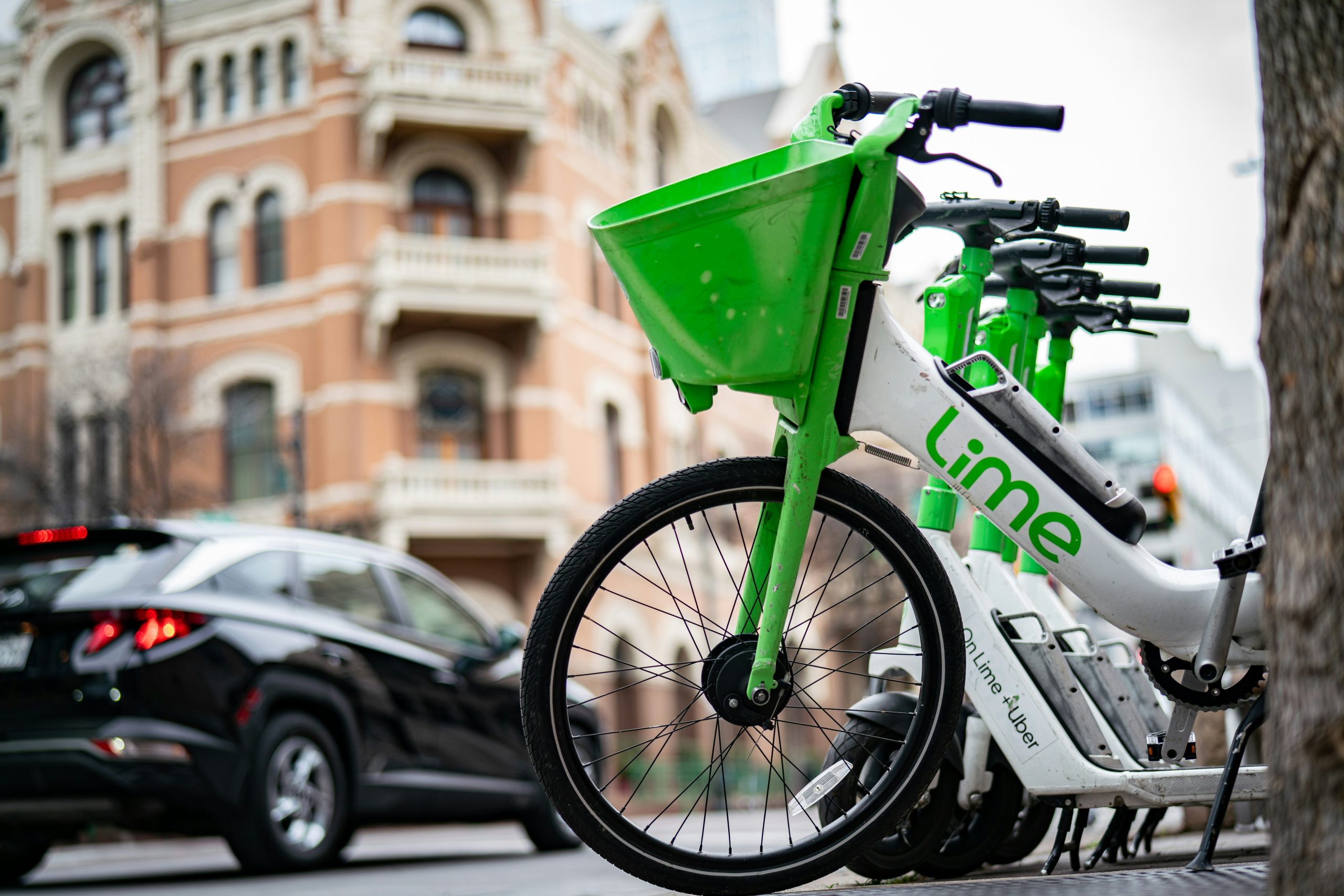E-Bikes and the Future of E-Mobility

Anyone travelling through London in early September will have noticed it: the sudden surge of Lime bikes taking to the roads during the tube strikes. Entire streets were filled with bright green bikes, a striking reminder of how quickly shared e-mobility can step in to keep a city moving.
With a global fleet of more than 300,000 vehicles operating across 280 cities in 30 countries, Lime has become synonymous with urban e-mobility. But the real question is not just how these vehicles serve us today, it’s how they will be managed tomorrow, when their components reach the end of their lifecycle.
Circular Responsibility in Action
In early September, Recycling International reported that Lime has begun recycling rare earth magnets from decommissioned e-bikes and e-scooters, ensuring valuable materials are recovered and reused in new applications such as electric motors, wind turbines, and consumer electronics.
‘We believe our responsibility doesn’t stop at moving people more efficiently and sustainably,’ said Andrew Savage, Lime’s VP of Sustainability, in an interview with Recycling International. ‘It includes how we manage the full lifecycle of our vehicles and materials.’
This focus on circular responsibility is critical. Less than 1% of rare earth magnets are currently recycled globally, despite their importance in clean technologies. By recovering these materials, companies like Lime are helping build a more sustainable and resilient supply chain for the future.
The Battery Challenge
While the recovery of rare earths is an essential step forward, the batteries powering these e-mobility fleets represent an even bigger challenge. E-bike and e-scooter batteries are replaced on a rolling basis across city fleets, creating a steady stream of end-of-life lithium-ion units that need careful handling.
Recyclus Group has already turned this challenge into a working solution. Through our industrial-scale recycling facilities, we recover critical materials such as lithium, cobalt, nickel, and manganese, preventing them from being wasted or exported to less regulated markets. Our LiBox technology ensures these batteries, whether damaged, at risk, or fully retired, are transported and stored safely before entering the recycling process.
Turning City Transport into Sustainable Cycles
The London tube strikes showed just how significant e-mobility has become in daily life. With every surge in demand comes the parallel responsibility to plan for the lifecycle of the batteries and materials that make it possible.
At Recyclus, we believe the future of e-mobility depends not only on keeping cities moving, but also on ensuring the resources powering that movement are continually recovered, reused, and reintegrated into the supply chain.
